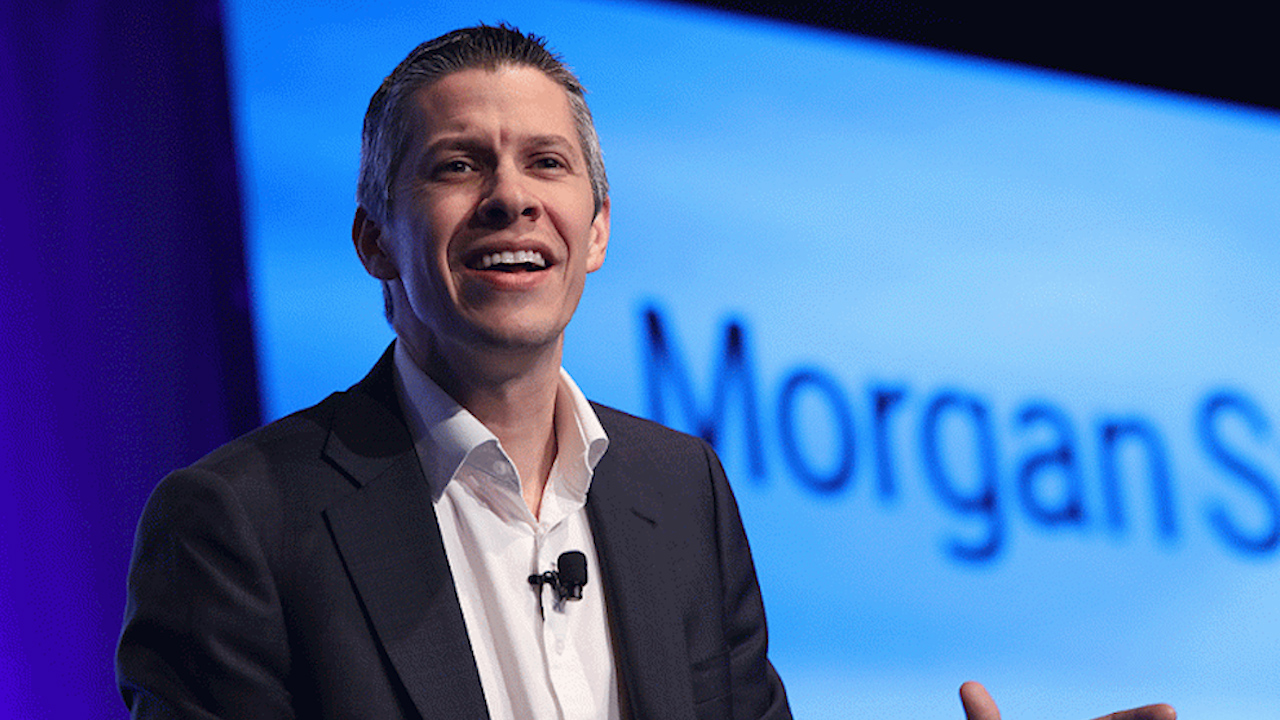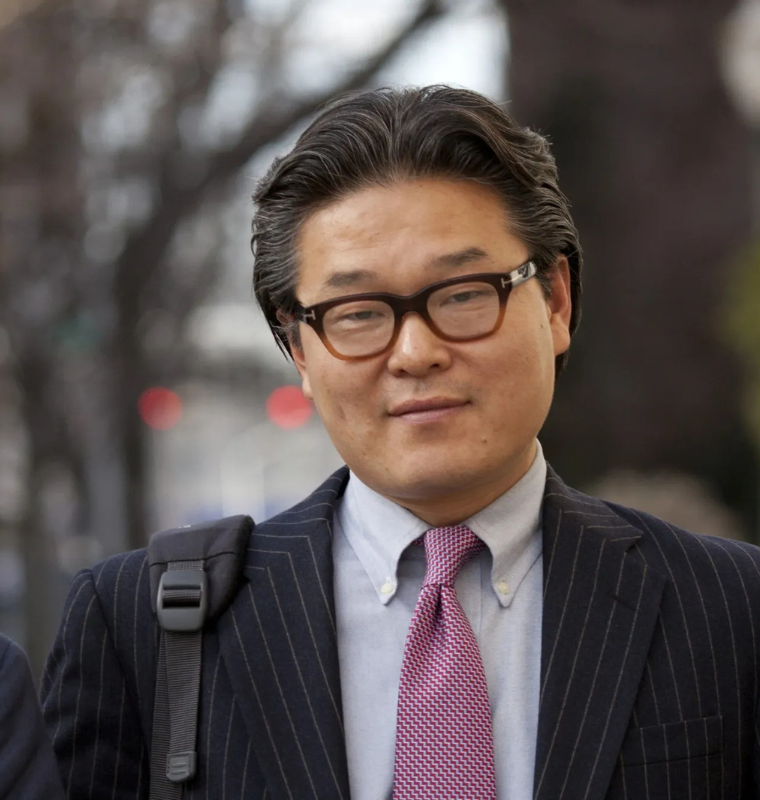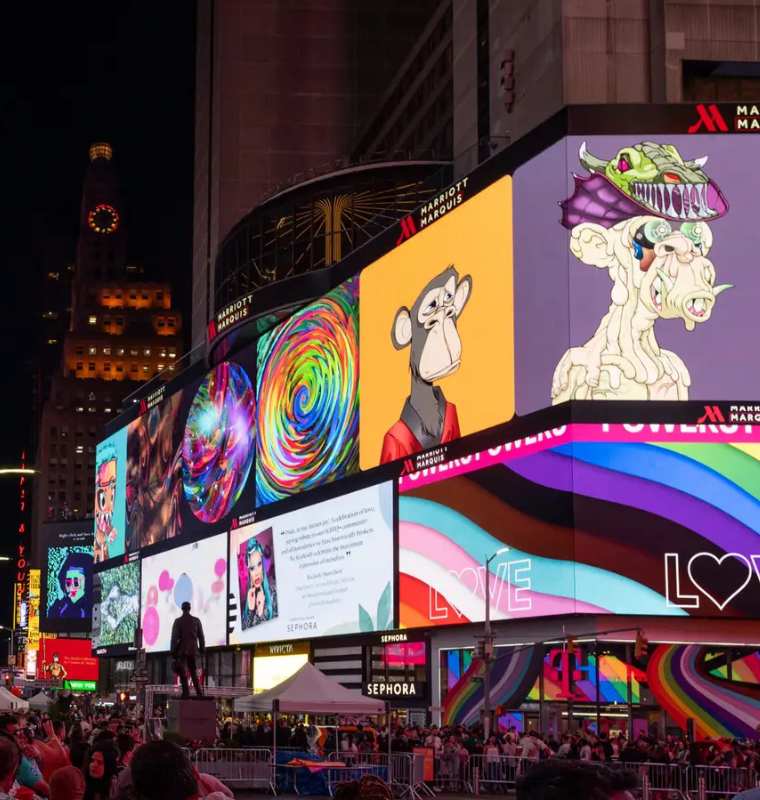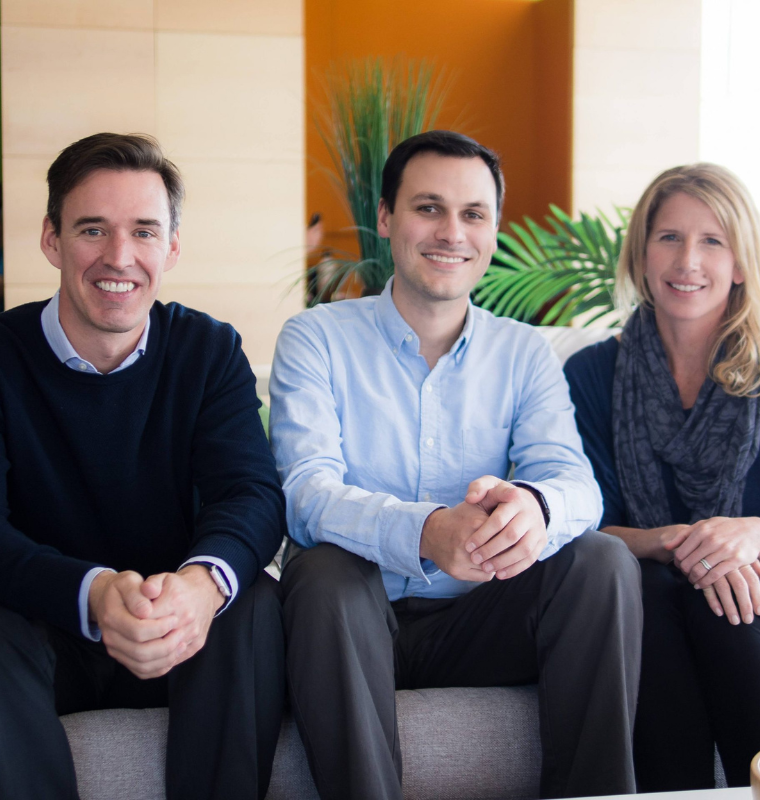Influential Tesla Analyst Adam Jonas Shifts Focus to AI at Morgan Stanley
Influential Tesla Analyst Adam Jonas Shifts Focus to AI at Morgan Stanley
By
Leah Rosenfeld
Last updated:
August 5, 2025
First Published:
August 5, 2025

Photo: Automotive News
Adam Jonas, the veteran auto analyst known widely for his bold and long-standing bullish stance on Tesla, is stepping into a new role at Morgan Stanley, marking a strategic pivot from traditional automotive research to the rapidly expanding world of AI-driven innovation.
A Career Spanning Nearly 30 Years in Auto Research
Jonas has been a central figure on Wall Street when it comes to coverage of the automotive sector. He joined Dean Witter, which later became part of Morgan Stanley, shortly after college in the mid-1990s. Except for a short stint at a European competitor, he has spent nearly three decades at Morgan Stanley, where he rose to lead the firm’s influential global auto research team.
His reputation was built not just on industry analysis but on shaping narratives around the future of transportation—especially his forward-looking views on electric vehicles, autonomous driving, and the transformation of mobility.
The New Focus: AI, Robotics, and the Future of Technology
In a staff memo obtained by CNBC, Jonas shared:
“After nearly 30 years covering autos, I am pursuing an exciting opportunity within Morgan Stanley’s research department focusing on physical/embodied AI—autonomous vehicles, eVTOLs, space tech, humanoid robotics, and more—leveraging the ideas and relationships from my talented research colleagues across both public and private markets.”
This transition marks Morgan Stanley's deeper commitment to tracking and forecasting the trajectory of next-gen technologies that blend hardware with AI—an area Jonas has often touched upon in his auto coverage.
Sources familiar with the firm’s internal strategy say this move aligns with Morgan Stanley’s broader emphasis on artificial intelligence as a transformative force not just in tech but across all sectors—especially mobility, defense, aerospace, and logistics.
A Tesla Visionary Turns to AI Infrastructure
Jonas earned his reputation partly by being among the first to publicly project a future beyond electric cars for Tesla—one that included robotaxi networks, full self-driving capabilities, and AI-powered logistics. His bullish Tesla valuation models often relied on these moonshot concepts that, while polarizing, influenced investor sentiment and broader industry discourse.
He frequently made headlines with calls that valued Tesla in the hundreds of billions, even before the company had reached mass production scale. He once projected a $10 trillion total addressable market for Tesla, based not only on EVs, but also energy storage, software services, and AI-powered transportation.
Leadership Transition: Who’s Taking Over Auto Coverage?
With Jonas stepping aside from autos, Andrew Percoco will be assuming coverage of the North American auto industry in the coming months, according to Bloomberg, which first broke the news. Percoco has a background in industrials and consumer discretionary sectors and is expected to bring a new lens to the automotive team, especially as legacy automakers navigate the electric transition.
Industry watchers are eager to see how Percoco will handle coverage of legacy giants like GM and Ford, as well as EV startups and mobility platforms like Rivian, Lucid, and Uber.
Why This Matters: Wall Street’s Pivot to Physical AI
Jonas’ move isn’t just a personal career evolution—it represents a broader shift on Wall Street. As investment capital increasingly flows into embodied AI applications—from robotic automation and delivery drones to space exploration and defense-tech startups—Morgan Stanley is aligning research talent to meet growing client demand for deep, cross-sector analysis in this space.
According to McKinsey’s latest AI and Industry report, physical AI is expected to be a multi-trillion-dollar market by 2030, particularly in sectors like manufacturing, aerospace, logistics, and mobility.
By focusing on this space, Jonas positions himself—and Morgan Stanley—at the forefront of the next industrial revolution, one where AI meets hardware at scale.
Popular articles
Subscribe to unlock premium content
How Egypt’s Economic Gamble on Mega Projects Backfired

Bill Hwang and the Archegos Meltdown How Leverage Broke the System

NFTs and Digital Art Was the Hype Worth the Crash

How Egypt’s Economic Gamble on Mega Projects Backfired

Bill Hwang and the Archegos Meltdown How Leverage Broke the System

How Egypt’s Economic Gamble on Mega Projects Backfired









